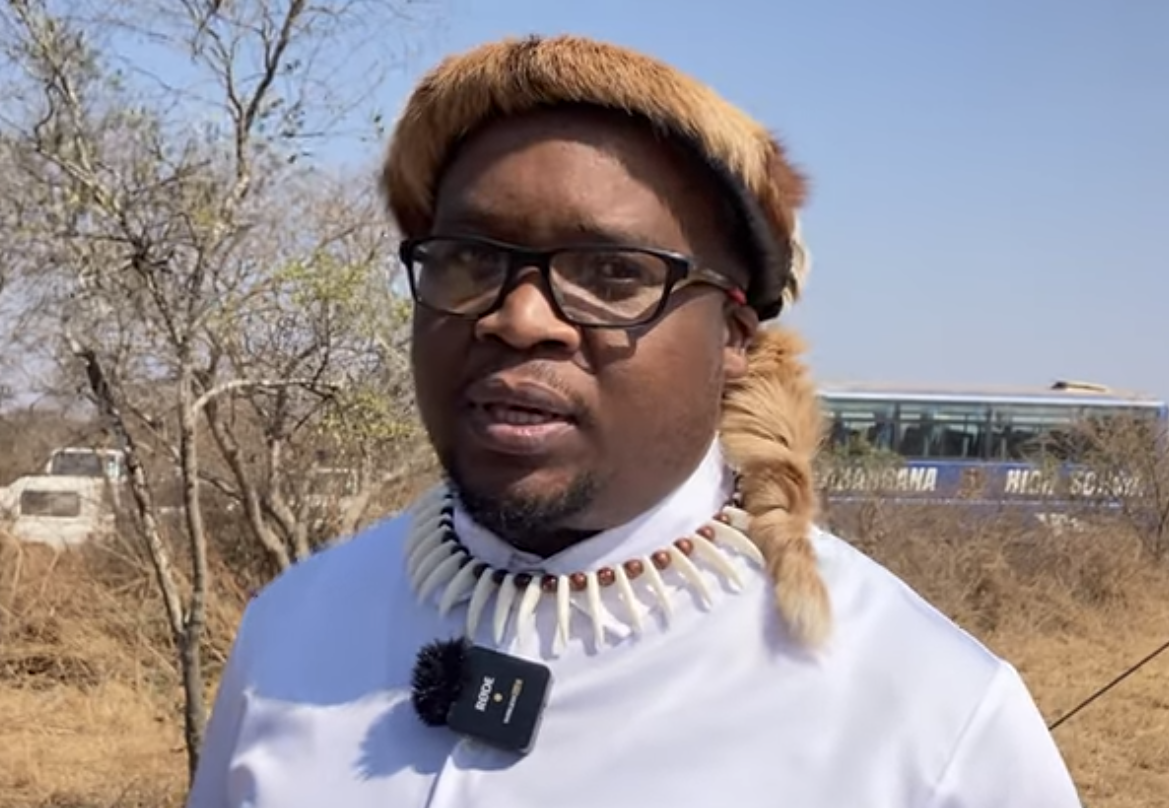Members of the Khumalo family have refuted the widespread narrative that King Mzilikazi fled KwaZulu, now known as KwaZulu-Natal (KZN), running away from Shaka, the Zulu king.
Mzilikazi led the Ndebele (originally of the Khumalo clan) after moving from KZN, across the Limpopo River to present-day Zimbabwe, establishing the Mthwakazi Kingdom in 1823.
On the way from KZN, across the Drakensberg, Mzilikazi incorporated many people from different nationalities and tribes into his nation.
Mzilikazi settled in Matabeleland, a region located between the Limpopo and Zambezi rivers.
According to some historians, Mzilikazi had a falling out with Shaka, which saw him flee KwaZulu.
However, members of the Khumalo family who live in KZN, have denied those assertions, claiming that Mzilikazi wished to revive his Kingdom and expand his zone of authority westwards.
In an interview with CITE during the King Mzilikazi Commemorations in Mhlahlandlela on Saturday, the spokesperson of the Khumalo chiefs in KZN, Thokozani Fana Khumalo from Ladysmith, an area under Uthukela District, said the claims that King Mzilikazi fled KwaZulu had to be corrected.
“We want to correct claims that Mzilikazi ran away from KwaZulu. He did not run away; there were issues that Mzilikazi was not agreeing to within KwaZulu, which made him leave and form his own nation,” he said.
Khumalo also spoke on behalf of Chiefs Mnambithi, Nhloso Mzilikazi Junior Khumalo, Sibongiseni in Durban eThekwini, Siphamandla Khumalo in Newcastle all from KZN and Chief Makhosi II in Eswatini who he represented at the King Mzilikazi commemorations.
“When Mzilikazi was on his journey, he continued building his nation until he ended up here in Bulawayo. There is also a place in KZN called Bulawayo, which inspired Mzilikazi to name this place Bulawayo because it reminded him of his home in KZN,” said the chiefs’ spokesperson.
“I am trying to show the magnitude of Mzilikazi’s reign and if he were here today, we would recognise and call him King of the Khumalo because of the role he played.”
Khumalo said the King Mzilikazi commemorations were an important occasion for the Ndebele to retrace their roots.
“Mzilikazi kaMatshobana was a big chief over the Khumalo chiefs. Under the Khumalos, we have Matshobane, Mmtungwa, Donga, Bheje oMkhatshwa who were there as chiefs but the chief who played a big role was Mzilikzi who travelled a long journey when he left KZN,” he said.
The chiefs’ spokesperson stated that Mzilikazi shared significant responsibilities with Shaka and did not separate from him, but lamented that some narratives undermined Mzilikazi’s role in the Zulu kingdom.
“Shaka iLembe did not do anything without Mzilikazi. We have a small grievance that when the success of the Zulu kingdom is mentioned, Mzilikazi’s role is hidden but we know how close Shaka iLembe was to Mzilikazi. When there was a war, Shaka iLembe knew that if Mzilikazi commanded the battle they would win no matter what,” Khumalo said.
Khumalo added that “Mzilikazi was involved in designing the iklwa, the short assegai spear or stabbing weapon that Shaka is known for and propelled him to popularity.”
Zulu warriors employed the iklwa in battle, and it was dubbed ‘iklwa’ for the sound heard as it was extracted from the victim’s flesh.
The chiefs’ spokesperson said it was because of Mzilikazi’s leadership and vision which was why a delegation from KZN came to Mhlahlandlela.
“Our roots are entrenched in King Mzilikazi. It’s significant for us to be here because we know what Mzilikazi did here in Bulawayo before he died and this is where he established his large kingdom. We honour this place because we know Mzilikazi stepped here,” Khumalo said.
“We regard Mhlahlandlela as our shrine and we come here for guidance.”
Khumalo stated that the delegation’s next trip after Mhlahlandlela in Zimbabwe will be Bheje in Ngome, KZN, where the Khumalo people originated.
Ngome was the capital of Bheje of the Khumalo before his defeat by the Zulus under Shaka.
“There is a tree in Bheje called ‘Mtungwa’, which we Khumalos call our tree, and we named our knobkerries ‘mtungu’ after it. This is another place we revere since it is the birthplace of Mzilikazi,” Khumalo said.

